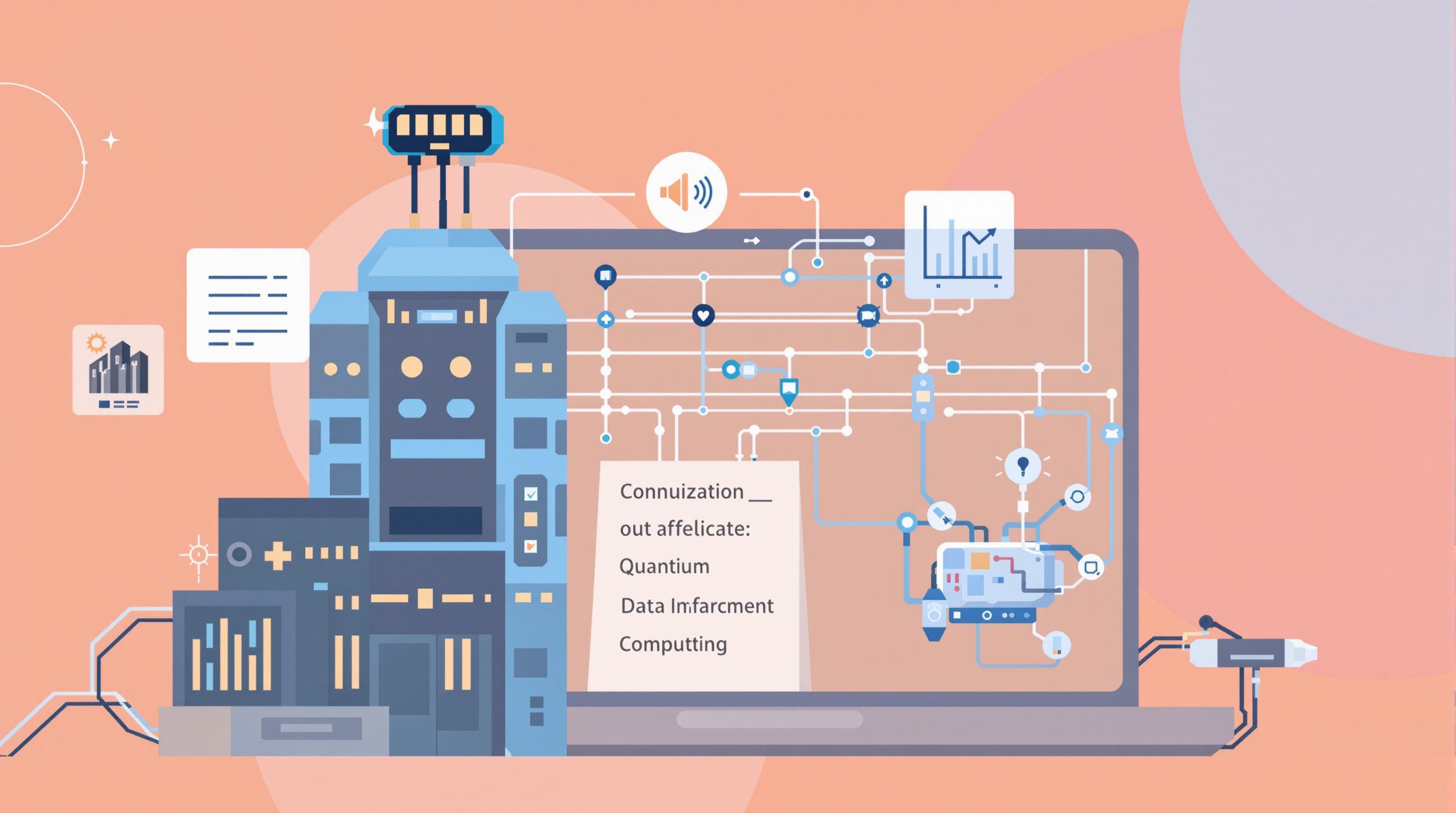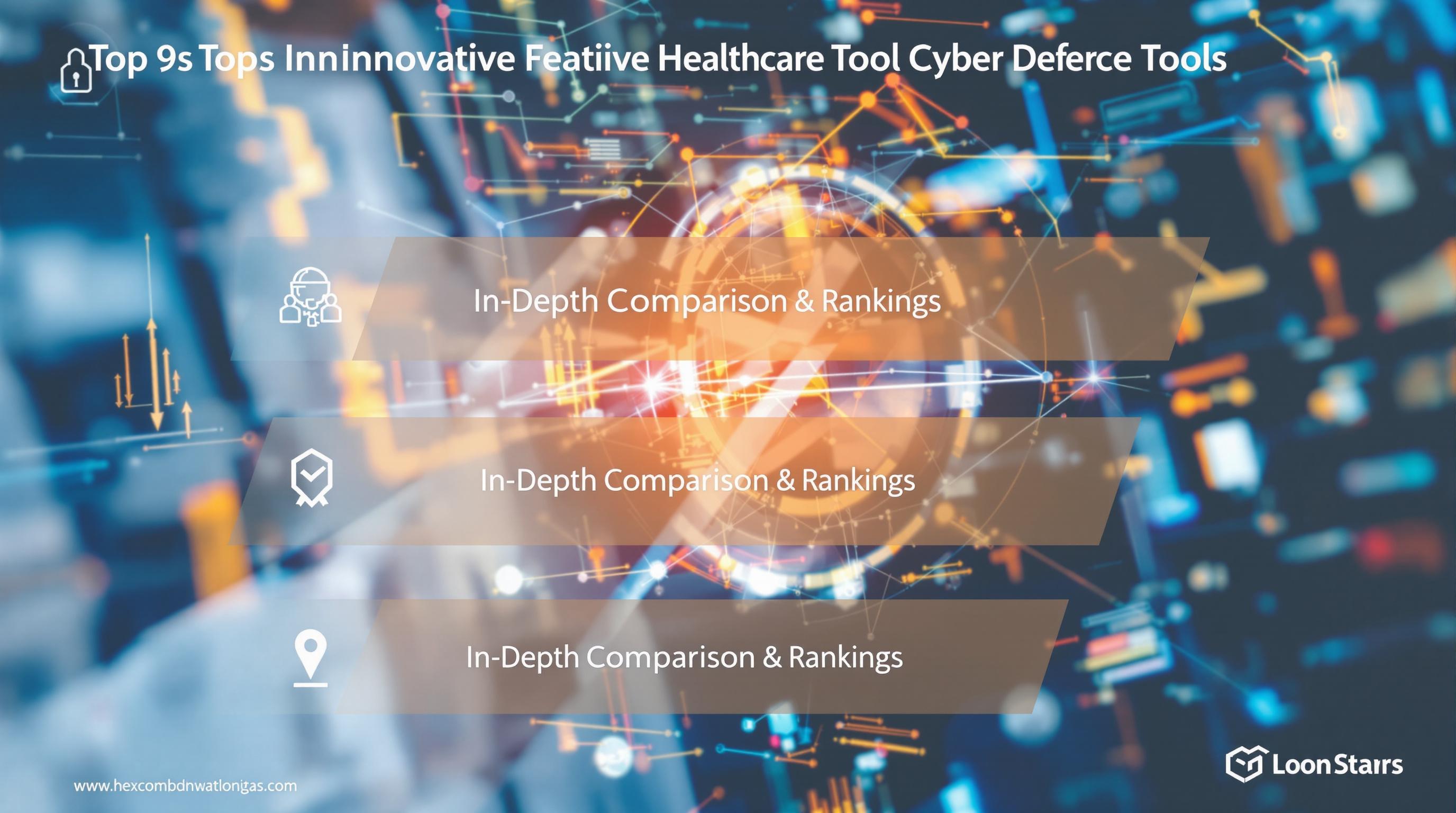Related Articles
- Top 6 Little-Known Medical Apps with User Interfaces That Actually Boost Patient Outcomes
- 5 Game-Changing Fitness Trackers from the Last 5 Years That Outperform Your Expectations
- Top 8 Breakthrough Portable Diagnostic Devices from the Past Five Years Revolutionizing Home Health Testing
- The Quiet Influence of Ancient Medical Records on Modern Healthcare Data Interpretation and Policy Making
- Top 6 Emerging Medical Coding Analytics Platforms from the Last Five Years for Data-Driven Decision Making
- Examining the Impact of Quantum Computing on Future Remote Healthcare Data Defense Strategies
Examining the Impact of Quantum Computing on Future Remote Healthcare Data Defense Strategies
Examining the Impact of Quantum Computing on Future Remote Healthcare Data Defense Strategies
Quantum computing promises to revolutionize the security frameworks of remote healthcare data, offering both unprecedented threats and remarkable defenses. This article delves into the multifaceted impact of quantum technologies on safeguarding sensitive medical information, exploring current challenges, future strategies, and real-world implications.
Quantum Computing: A Double-Edged Sword
Imagine trying to protect your most personal health data while a powerful new technology threatens to crack even the most secure encryption algorithms overnight — this is the looming reality quantum computing presents.
Quantum computers leverage principles of quantum mechanics such as superposition and entanglement to process information exponentially faster than classical machines. According to IBM’s 2023 report, quantum computers capable of breaking today's RSA-2048 encryption could emerge within the next decade, posing a substantial risk to healthcare data protection (IBM, 2023).
The Rise of Remote Healthcare and Its Security Implications
The COVID-19 pandemic accelerated the shift towards telemedicine, with a global telehealth market valued at $231.4 billion in 2022 and projected to reach $661.4 billion by 2030 (Fortune Business Insights, 2023). Such rapid expansion necessitates more robust data defense strategies, particularly as patient information traverses diverse networks and cloud environments.
Remote healthcare devices—from wearable monitors to AI-assisted diagnostic tools—collect immense volumes of personal health data continuously. This increases the attack surface, making them prime targets for cybercriminals who could exploit quantum advancements to decrypt sensitive data, eroding trust in digital health services.
Case Study: Healthcare Data Breach and Its Fallout
In 2021, a major U.S. hospital system experienced a ransomware attack wherein attackers exfiltrated patient records before encrypting systems. Though classical defenses eventually restored operations, the incident cost the institution $20 million in losses and damaged its reputation (HIPAA Journal, 2021). Quantum computing could supercharge such breaches by rendering current encryption inadequate, highlighting the urgency for next-generation solutions.
Transitioning to Quantum-Resistant Cryptography
The National Institute of Standards and Technology (NIST) is spearheading efforts to standardize post-quantum cryptographic algorithms designed to withstand quantum attacks. Implementing these algorithms in healthcare data infrastructure requires balancing security, computational efficiency, and usability.
For example, lattice-based encryption shows promise due to its robustness and scalability, enabling real-time secure data transfer between remote providers and cloud platforms.
The Role of Blockchain Combined with Quantum Security
Blockchain technology already offers decentralized integrity for medical records, preventing unauthorized modifications. Some researchers propose integrating quantum-safe cryptographic primitives with blockchain to create tamper-proof and quantum-resilient healthcare data ledgers. This hybrid approach is seen as a powerful paradigm shift, though challenges remain regarding latency and regulatory acceptance.
Balancing Innovation and Practical Challenges
On a casual note: “Yes, quantum computing sounds like it’s from a sci-fi movie, but it’s real and coming fast!” Health IT managers must not only understand this technology but also navigate budget constraints, interoperability issues, and staff training to implement effective quantum-safe defenses.
Moreover, while the promise of quantum encryption is enticing, the technology is still in its infancy. Companies like Google and D-Wave lead the charge with prototype quantum processors, but widespread deployment in healthcare remains several years away.
Humorous Anecdote: Quantum Quandaries
Imagine explaining to your grandmother that your patient’s medical data is protected by “the spooky action at a distance” quantum particles. She might reply, “Just make sure those spooky things don’t mess up my hearing aids!” Sometimes, emphasizing the human side of such complex technology helps us stay grounded amidst the jargon.
Future-Proofing Remote Healthcare Data: Policy and Partnerships
Effective data defense against quantum threats requires coordinated efforts among governments, healthcare providers, technology vendors, and regulatory bodies.
Policies advocating rigorous quantum security audits and incentivizing investment in research will be critical. Additionally, public-private partnerships could accelerate development and deployment of quantum-resilient health IT solutions, fostering resilient digital health ecosystems.
Conclusion: Preparing Today for Tomorrow’s Quantum Reality
The quantum era is inevitable, and its ripple effects on remote healthcare data defense are profound. Through proactive adoption of quantum-resistant cryptography, integration of emerging technologies like blockchain, and collaborative policy frameworks, the healthcare industry can safeguard patient privacy and maintain trust in an increasingly digital landscape.
As a 36-year-old health technology analyst writing for a broad audience aged 16 to 70, I urge you to stay curious and informed — because the future of medicine and data security is intertwined with the quantum leap on the horizon.




